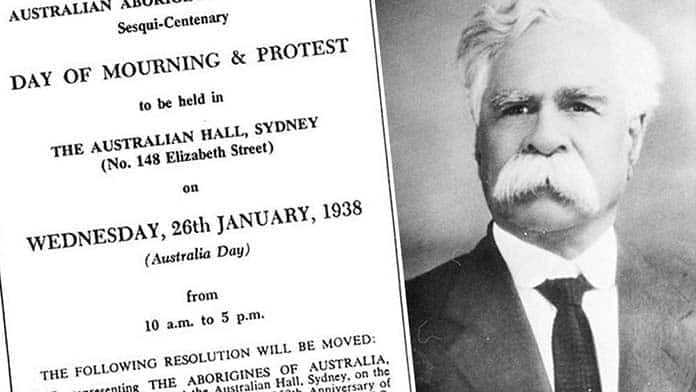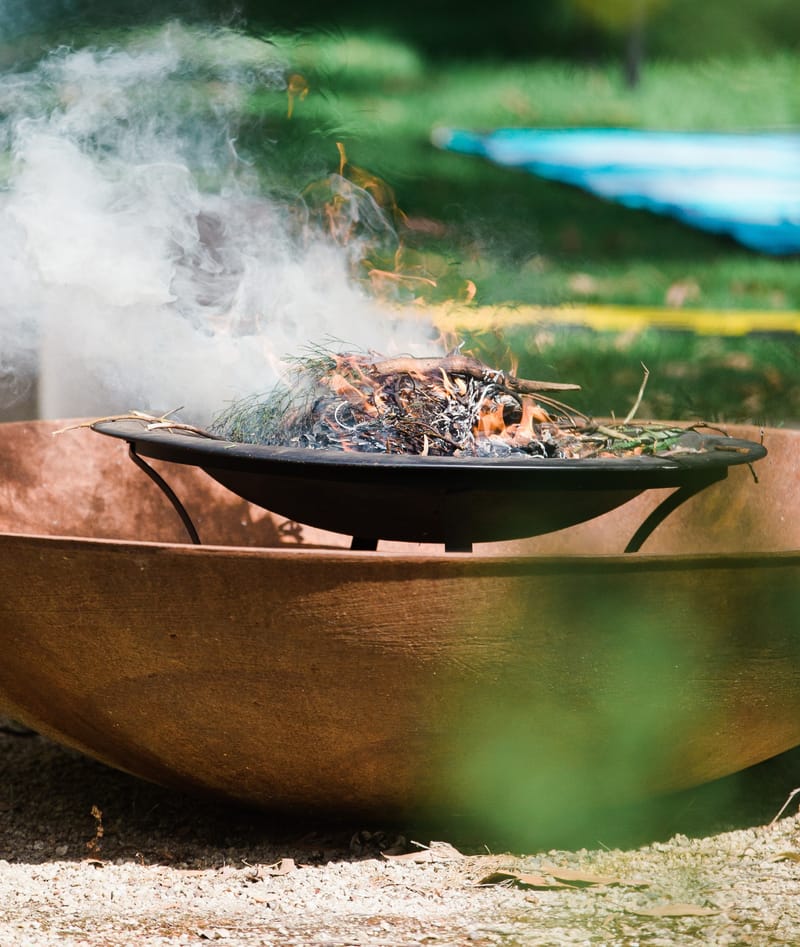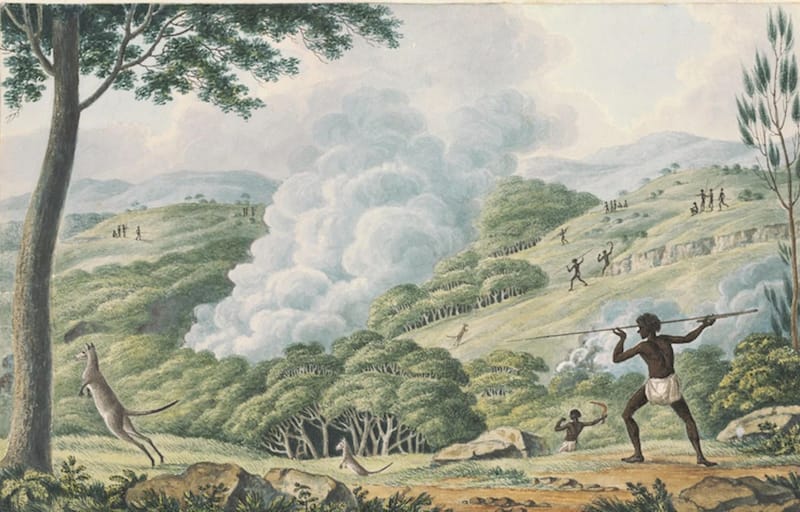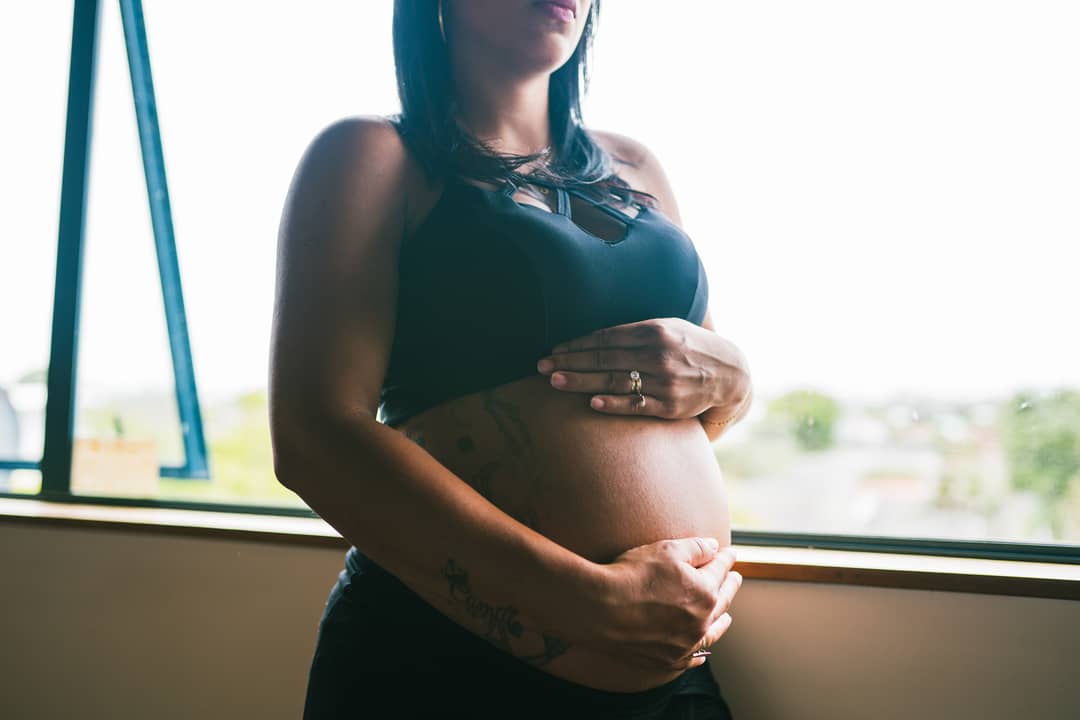
After nine months, imagine giving birth to a beautiful, healthy baby. As tired as you are, you adapt to your new sleep-deprived routine, feeding your newborn at any time of the day and night as needed.
But then child protection services arrive with the police, and a court order, to take your baby from your arms and place them in the care of a stranger.
Sadly, this is the case for too many First Nations women in Australia.
In 2019-2020, 46.6 per 1000 First Nations infants aged under the age of one were admitted to out-of-home care – a rate 10 times higher than that for non-Indigenous infants. In the same year, 20% of Aboriginal and Torres Strait Islander children placed in out-of-home care were less than one year old.
This leads into the well-documented and escalating issue of the over-representation of First Nations children in child protection services. In fact, more First Nations children are removed today than they were throughout the Stolen Generations.
Read more: Casualties of a system in crisis: Young, Indigenous and forgotten after leaving out-of-home care
Issues relating to the removal of First Nations infants from their families by contemporary child protection systems can be traced to perinatal health services.
“Some of the experiences of Aboriginal and Torres Strait Islander women, such as living with disability, aren’t used to find ways to support them. Instead, their experiences are used against them.”
Tracey Stephens, a Kurnai woman and registered midwife, sees racism towards Aboriginal and Torres Strait Islander women across mainstream healthcare settings on a regular basis.
“Stereotypically in mainstream midwifery there’s this strong sense that all Aboriginal women are going to smoke cannabis and drink alcohol and are drug addicts. However, this isn’t the case.” she says.
“Far too much of my time is spent trying to educate others and address unconscious bias and racism amongst the healthcare workforce.
“This misperception can come down to something simple like what is written in patient notes. For example, there has to be a better way than writing ‘denies drug use’.
“We’re far from creating cultural safety in mainstream perinatal services.
“For example, there are people who want to bring in possum skins or take placentas home to bury on Country – the cultural norms that should be able to happen in hospitals.
“But people are really scared to do these practices because they’re worried that they’re going to be judged by their midwives, with so many child protection removals.”
Karinda Taylor, a Wamba Wamba woman, nurse and midwife, is CEO of First Peoples’ Health and Wellbeing, an Aboriginal Community Controlled Health Organisation (ACCHO). Much of her organisation’s resources are spent on supporting First Nations women and families to navigate the mainstream perinatal system.
“We are constantly getting feedback that [Aboriginal women] they’re just not being listened to,” she says.
“Some of the experiences of Aboriginal and Torres Strait Islander women, such as living with disability, aren’t used to find ways to support them. Instead, their experiences are used against them.”
“That’s where we see this ongoing rise in child protection notifications. The child protection involvement and notifications are a national crisis,” she says.
It’s well-established that First Nations women experience health complications during the perinatal period, including gestational diabetes, heart disease, obesity, and mental health diagnoses. The burden of disease experienced by First Nations peoples is more than double that of non-Indigenous Australians.
The causes of this are complex and can’t be separated from the negative impacts of ongoing colonisation, including poverty and insecurity on many basic levels, such as food, employment and housing.
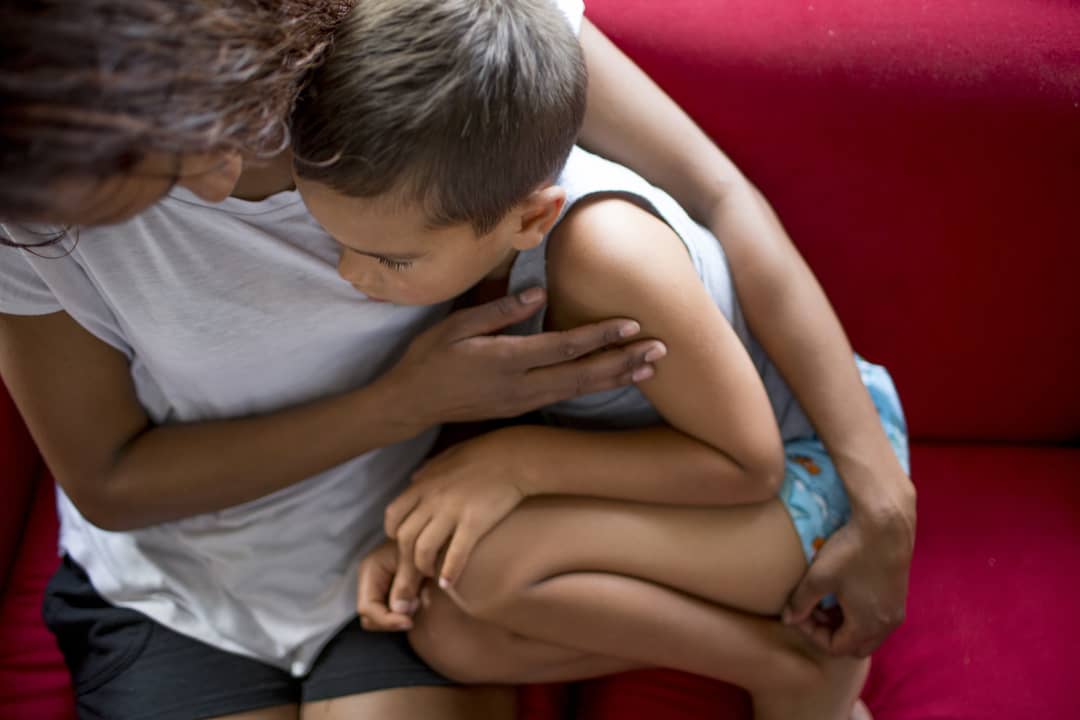
However, in the perinatal period, these health issues can culminate in First Nations women being more frequently labelled as experiencing “high-risk pregnancies”.
High-risk pregnancy categorisations for First Nations women have cascading effects on access to perinatal care, including limiting choices of care providers and hospitals, and ruling out cultural ways of birthing, such as birthing on Country.
This reflects the reality that mainstream models of maternity care were created to reduce litigation for hospitals. The result is that risk mitigation is the top priority, while the social and cultural determinants of First Nations women's health in the perinatal period are overlooked.
The bottom line is that too many First Nations women are separated from culturally safe services and forced into the mainstream system. It’s here that culturally inappropriate risk analyses, which are based on Western constructs of “good parenting”, as well as medical notions of clinical risk, are performed. This can, and does, result in disproportionately high rates of child protection notifications for First Nations infants.
New alliance aims to improve Indigenous perinatal care
A new alliance, the Australian Anti-racism in Perinatal Practice (AAPP) Alliance, has been formed to find ways to address these issues, which stem from institutional, structural and interpersonal racism in the perinatal health system.
The alliance comprises 17 First Nations and non-Indigenous academic and industry experts, as well as First Nations lived-experience experts, including mothers, Elders and community members. All share an interest in generating knowledge and action to improve the experiences and outcomes of First Nations women in perinatal care.
The alliance is an Aboriginal-led initiative housed at Monash University. It’s recently published a paper, Identifying and dismantling racism in Australian perinatal settings: Reframing the narrative from a risk lens to intentionally prioritise connectedness and strengths in providing care to First Nations families.
The paper calls for action and improvement on these critical issues – an outcome that has been sadly lacking in government reports and programs.
The alliance is considering its next steps. Its aim is to ensure all future work is fully guided and led by First Nations people, while being respectful of the numerous First Nations-led projects in this space.
The alliance also aims to bring the power and wisdom of birthing and childcare knowledge of First Nations peoples into perinatal care, as well as the education system for midwives and other health professionals.
Racism experienced by First Nations women in the perinatal period is a national crisis that needs to be addressed. This begins with calling out racism and recentring First Nations ways of being, doing and knowing.
As Karinda Taylor says: “We bring extraordinary strength.”
This article was co-authored with Tracey Stephens, a Kurnai woman, and Aboriginal Midwifery Coordinator, Monash Health, and Karinda Taylor, a Wamba Wamba woman, CEO of First Peoples’ Health and Wellbeing, and nurse and midwife.
The AAPP Alliance acknowledges the Traditional Owners of the lands we live and work on, and pays respect to Elders past and present. We recognise First Nations holders of maternity knowledge and wisdom, perinatal practitioners and all First Nations mothers, grandmothers and families.



